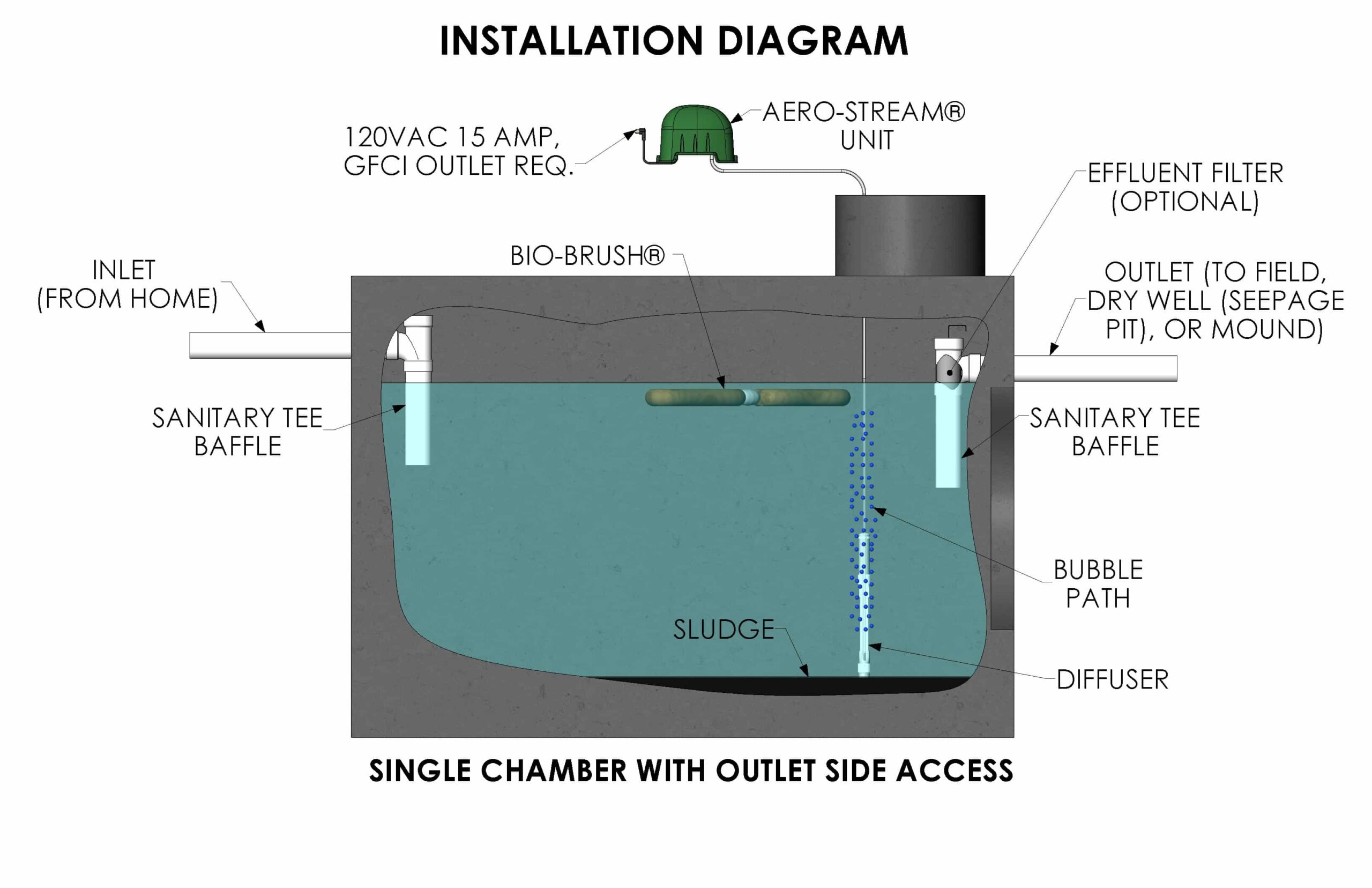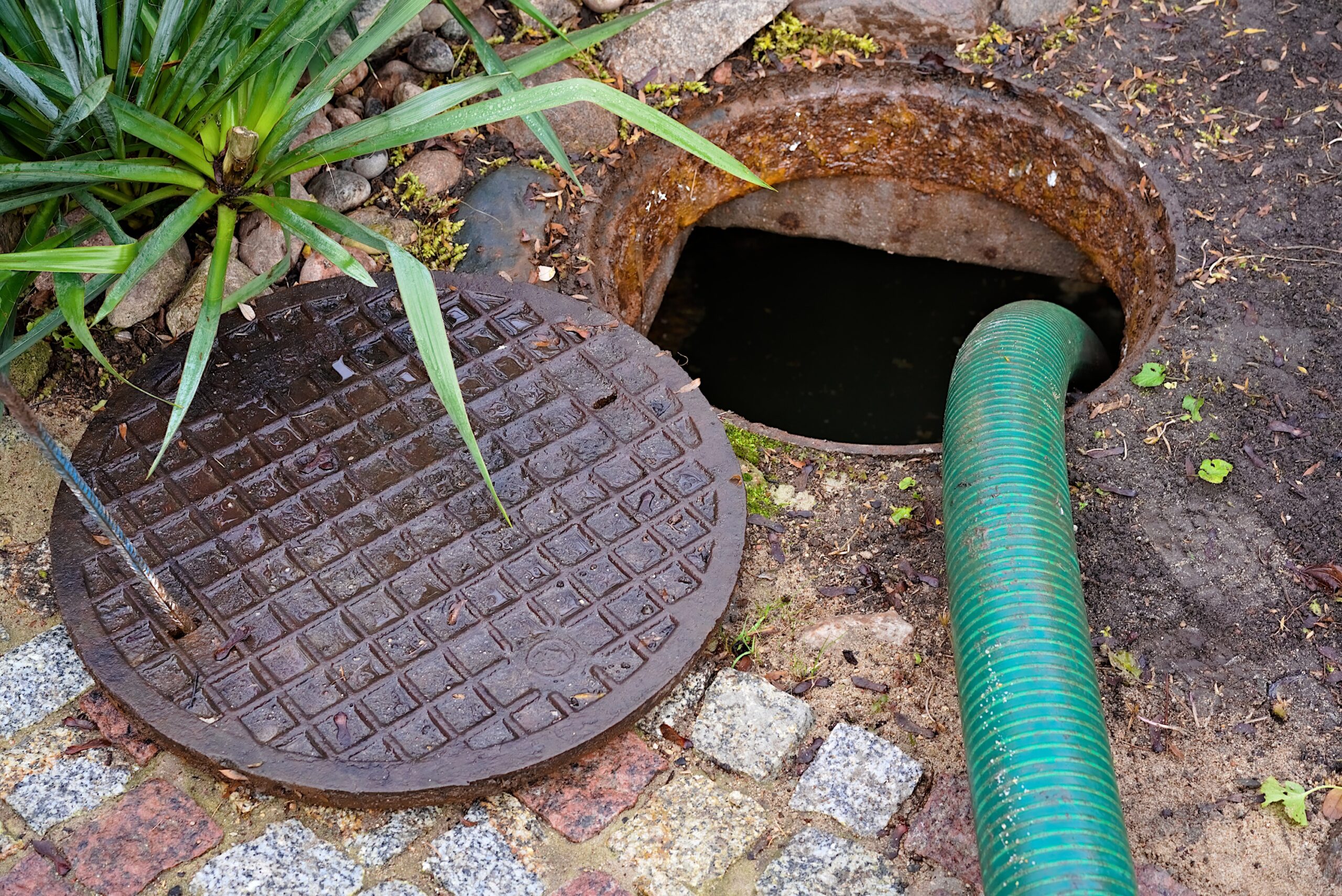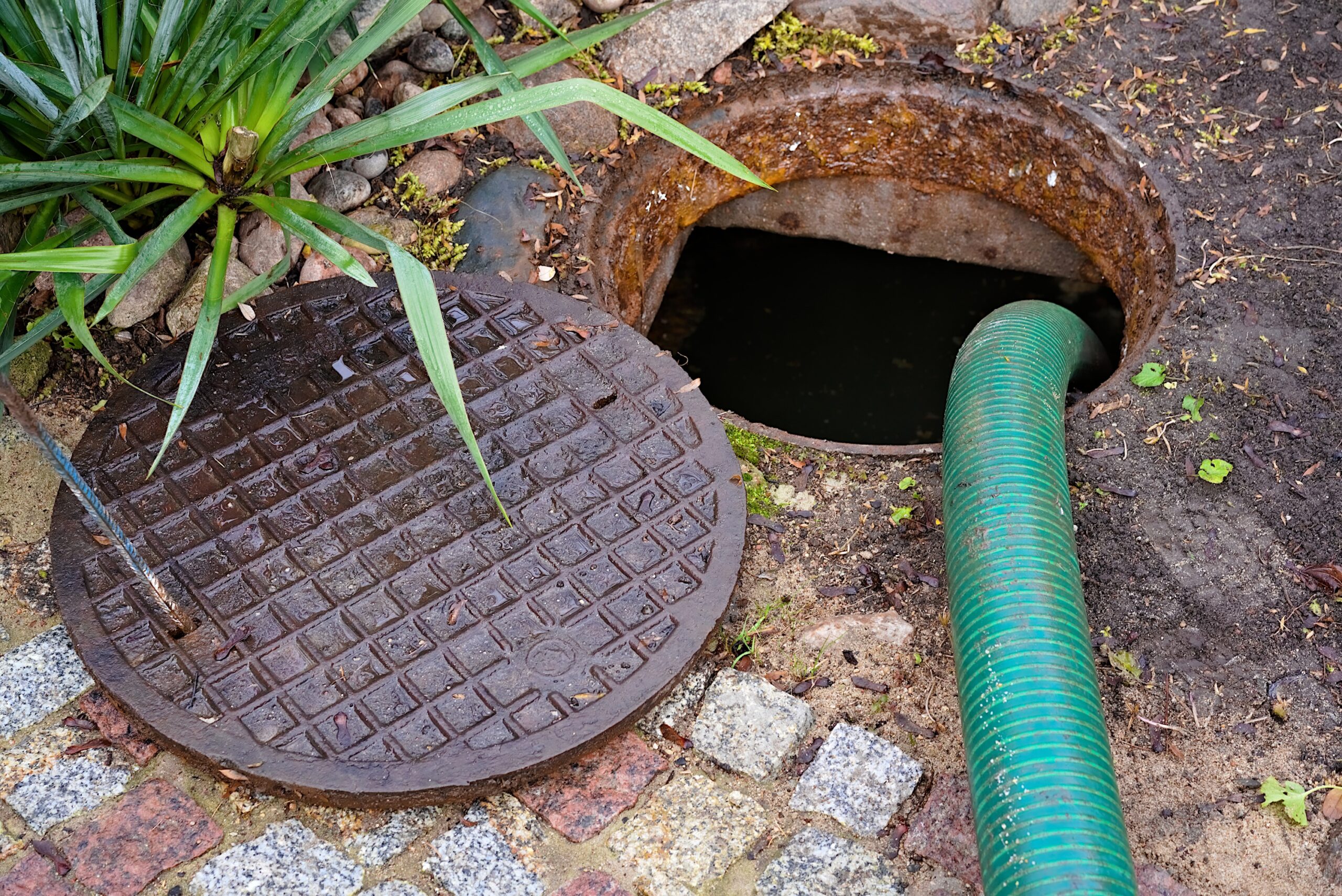Most homeowners with septic tanks and drain fields understand the basics of maintenance for these waste treatment systems. Minimizing the chemicals that reach the septic tank, performing routine pumping once every few years and inspecting mechanical elements on a regular basis can generally keep newer septic tanks performing at optimal levels. However, other activities can sometimes create difficulties for both new and older septic systems and may result in premature failure of these vital household waste management solutions. Here are four common enemies of septic tanks and leach fields and some helpful hints for avoiding them.
Landscaping choices
Trees and shrubs are beautiful additions to almost any yard or garden. When planted too close to the home’s septic system, however, these natural additions can be a source of serious problems for homeowners. As tree roots grow and expand, they can damage pipes and reduce the effectiveness of drain fields, causing the entire septic system to break down and fail. Keeping trees, shrubs and bushes well away from the tank and drain field area can help to preserve the longevity of the septic system.
Heavy equipment
Tractors, bulldozing equipment and other heavy-duty machinery can crush pipes in drain fields and may even lead to the premature collapse of septic tanks. While most lawn mowers are too lightweight to cause lasting harm to septic systems, heavier equipment can potentially cause thousands of dollars of damage in only a few minutes time. Remaining mindful of the location of septic tanks and drain field lines can help homeowners avoid these damaging events and preserve the functionality of their home waste treatment system.
Grease and plastics
Septic tanks are designed to break down organic material. Unfortunately, grease, lard and oily foods are difficult targets for bacterial decomposition and can clog pipes and create obstructions within the tank. Plastics are even worse; these non-organic substances cannot be processed by the bacteria inside the septic system and will either remain in the tank until the next pumping or will lodge inside a pipe and create a blockage that will require a service call to remedy.
Avoid additives
Most septic system additives are expensive placebos; while they do not do any real harm, they generally do not improve the performance of the septic tank or drain field. Using ineffective additives is equivalent to flushing money down the drain each time these products are used. The most effective method for boosting the effectiveness of the septic system is to install a septic aerator. Aeration devices allow the growth of aerobic bacteria inside the tank to reduce odors and to increase the speed of the decomposition process. Saving the money previously spent on additives and investing it in a septic aeration system can provide real help for older septic tanks and drain fields and can extend the longevity of older systems as well.
Many septic tank problems can be averted by performing regular maintenance and taking ordinary precautions. By avoiding these four hazards, homeowners can reduce their expenses and extend the longevity of their septic tank systems.











